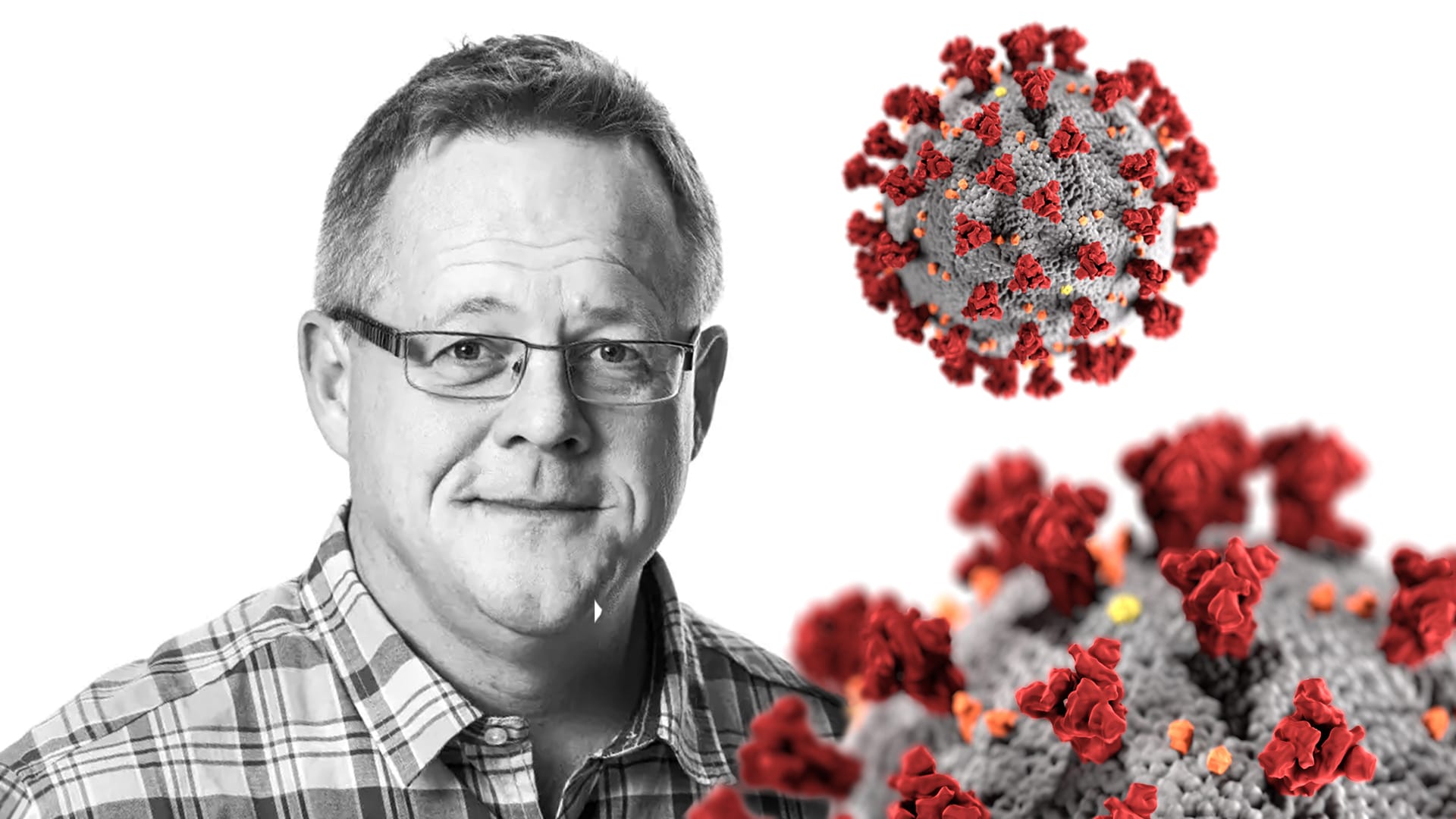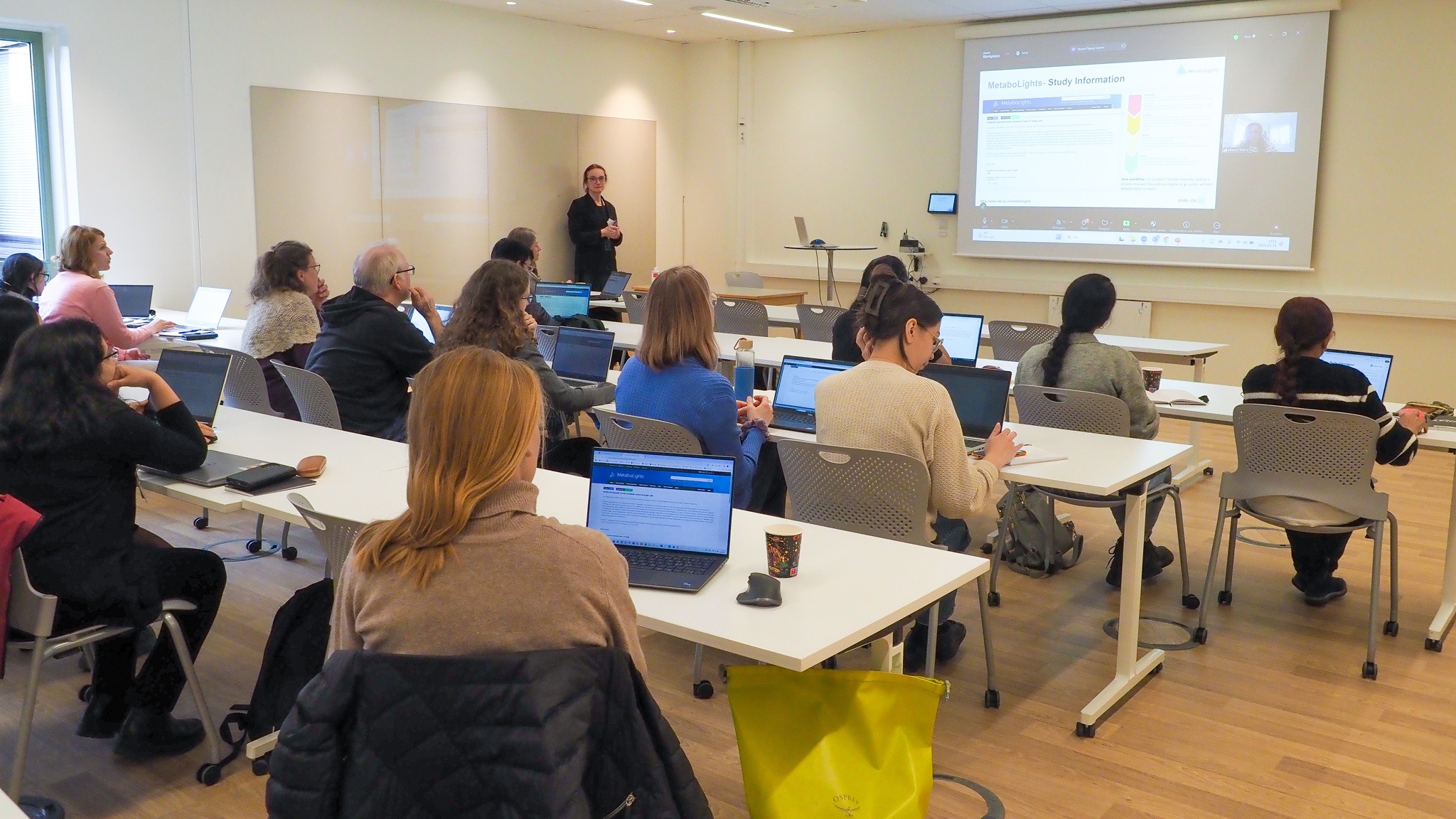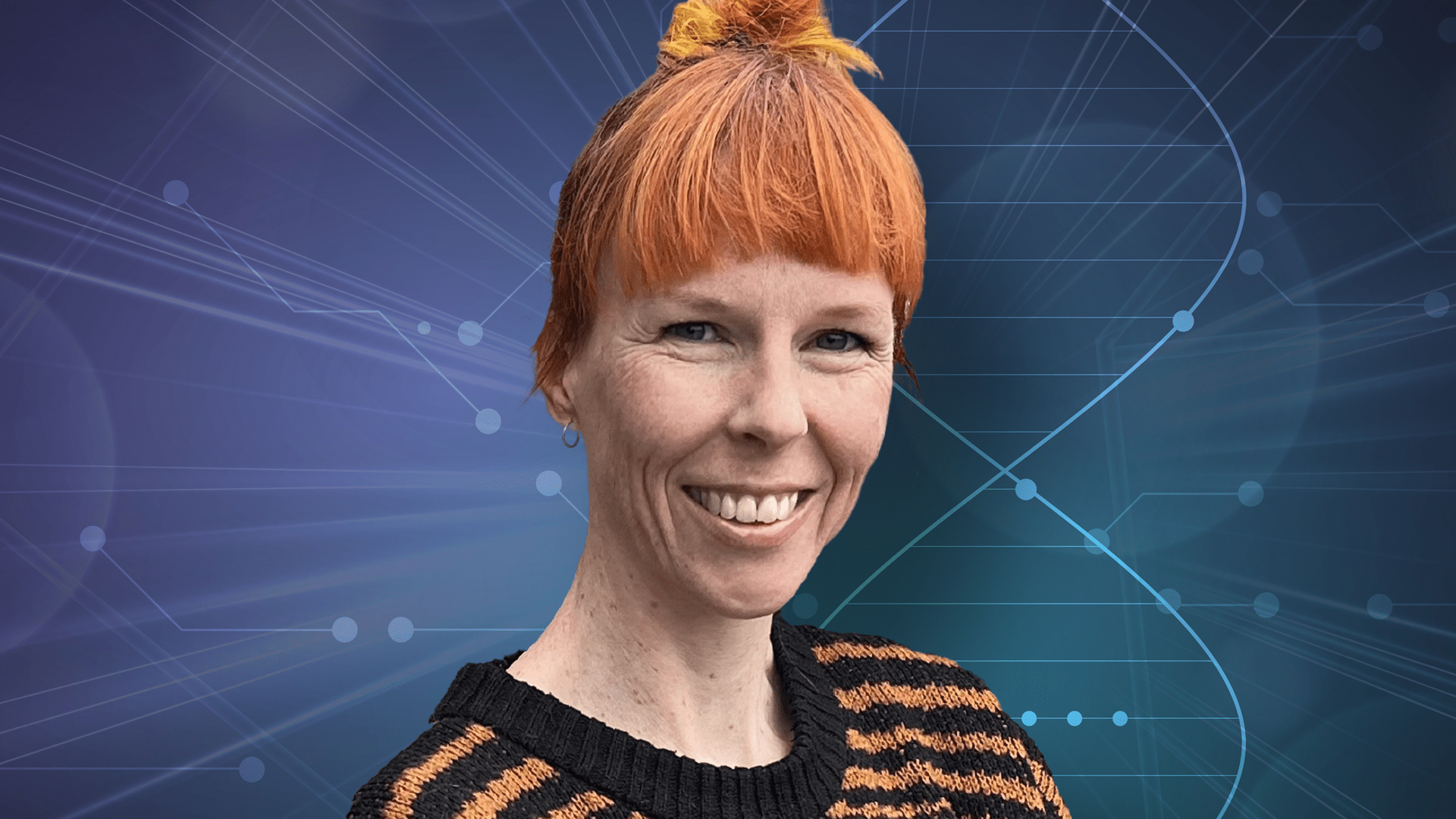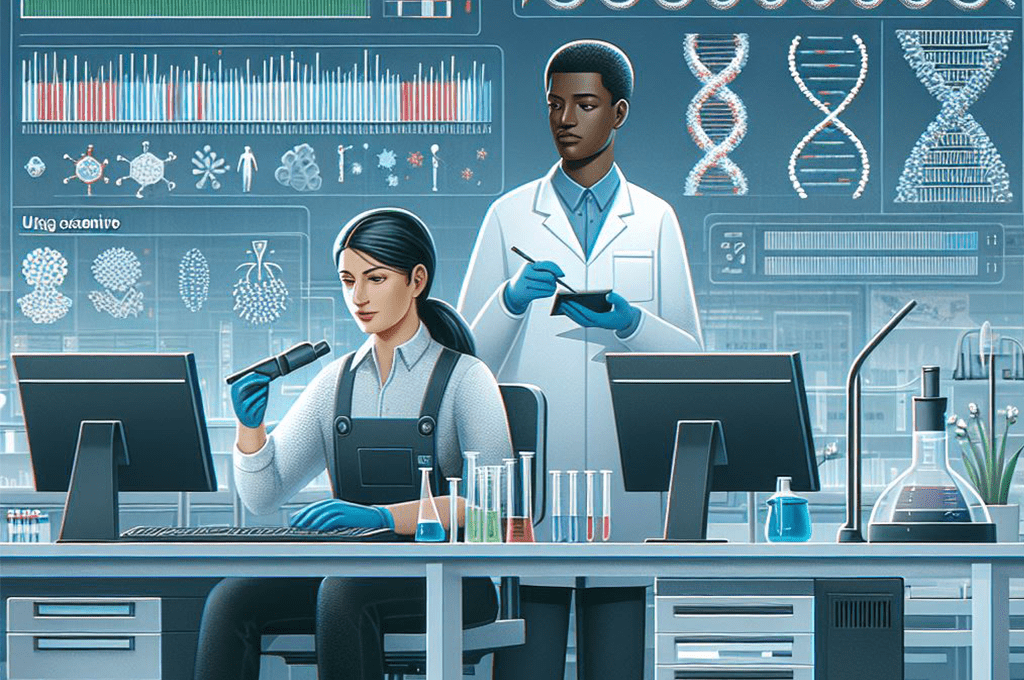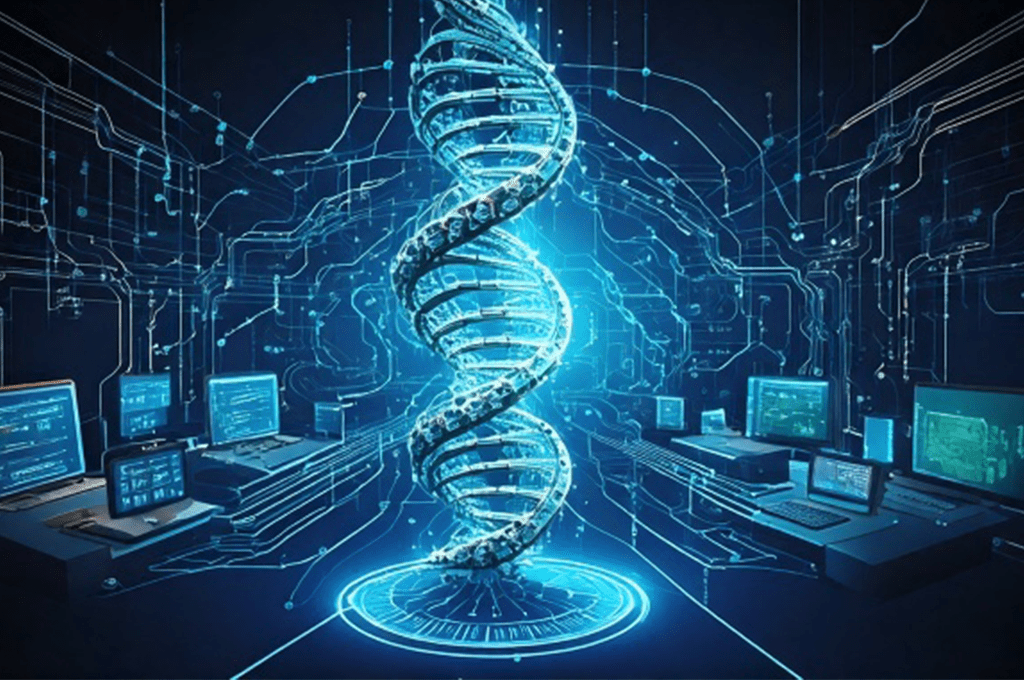Four out of five still have antibodies against SARS-CoV-2
A new follow-up study from Danderyd University Hospital, including researchers from SciLifeLab and KTH, shows that four out of five people that previously had developed antibodies against SARS-CoV-2 (COVID-19) still retain measurable levels, four months after the first study was made in April.
The researchers will now take a closer look at the antibody levels to find out if they are connected to specific COVID-19 symptoms and, by employing new test methods being developed at SciLifeLab and KTH, find out if the antibodies are actually responsible for neutralizing the virus.
In the first phase of the study, samples were collected from 2,149 employees at Danderyd University Hospital and 19 percent of those samples contained antibodies against SARS-CoV-2. Now, the second phase of the study is completed and 82 percent of the new blood samples still have measurable levels of antibodies in them.
“The study provides a unique picture of how long a previously infected individual can retain their antibodies. These are people who became ill sometime between January and April and we can now confirm that a majority of them have retained their antibodies against SARS-CoV-2 and are thus most likely still immune to COVID-19. As we have limited knowledge about COVID-19 immunity, these results are an important step in the right direction”, says Charlotte Thålin, specialist doctor and principal researcher at Danderyd University Hospital, in a press release.
“We can see that the duration of the antibodies is linked to certain symptoms such as difficulty breathing and fever. Individuals with mild symptoms may lose their antibodies more quickly. It is still too early to say what the clinical significance of declining antibody levels in an individual is. Despite this, there is probably still a residual immunity via so-called memory cells”, says Sebastian Havervall, assistant chief physician at Danderyd University Hospital.
“It is also important that we take a look at the symptom pictures observed in members of the hospital staff, who no longer have measurable antibody levels. So far we know that many of these individuals already had relatively low antibody levels during the first study”, says Peter Nilsson, professor of proteomics at KTH and SciLifeLab.
Looking forward, the next step of the study is to investigate how the neutralizing ability of the antibodies and the T-cell memory work during a SARS-CoV-2 infection. The researchers will also compare participants, with both low and high antibody levels, with a group that has been exposed to a high viral load at work and in their homes but still have not developed antibodies.
“By continuing to follow this group, and also analyze the antibodies’ ability to neutralize the virus, we will get further information about how the immune system reacts long-term and in the long run also how a vaccine can create long-term immunity”, says Sophia Hober, professor of molecular biotechnology at KTH.
So far the researchers have mainly focused on determining if there are measurable levels of antibodies or not. This is a very simplified picture of reality and the COVID-19 immune response, which is why they now have started to analyze the significance of antibody levels in relation to the severity and long-term symptoms reported.
“Another exciting aspect is that since we had several different SARS-CoV-2 proteins in our analysis, we can now also begin to get an idea of which parts of these proteins that will lead to an immune response and whether it gives a difference in the severity of the symptoms. We now hope that this could provide us with new knowledge that contributes to an increased understanding of how different individuals respond to a SARS-CoV-2 infection” says Peter Nilsson.
All samples were analyzed at the Autoimmunity and serology profiling unit at SciLifeLab, where the method was developed and where now more than 75.000 samples have been analyzed for SARS-CoV-2 antibodies so far.
